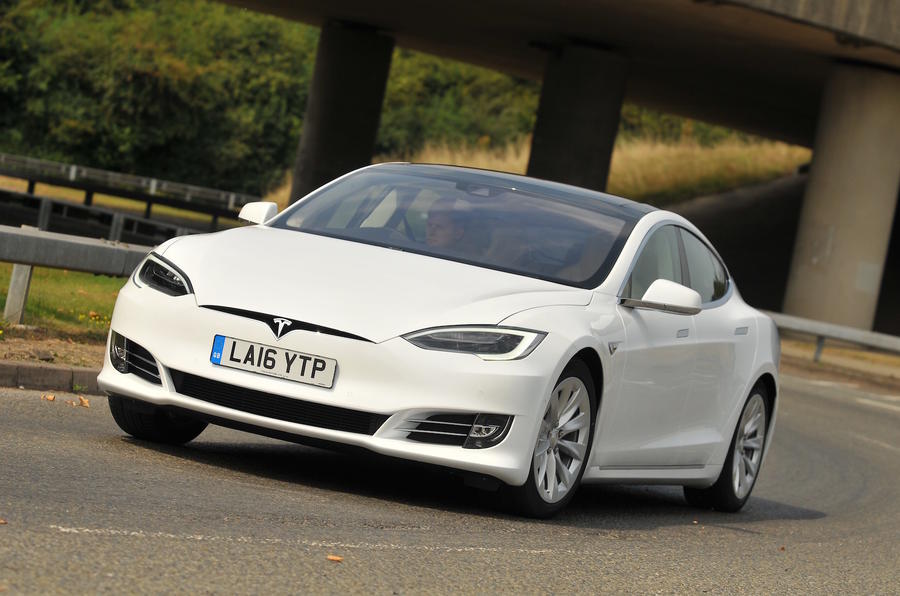Mobileye, one of Tesla’s suppliers for its Autopilot function, has criticised the US carmaker for “pushing the envelope on safety”.
The Israeli firm cut ties with Tesla back in July after a fatal crash in the US involving the Autopilot system, and now its chairman Amnon Shashua has told Reuters that Tesla was overstating the capability of the Autopilot system to take over the driver’s role. Mobileye specialises in collision detection and driver assistance systems.
“It is not designed to cover all possible crash situations in a safe manner,” Shashua said of the Autopilot function. “No matter how you spin it, [Autopilot] is not designed for that. It's a driver assistance system and not a driverless system.”
Mobileye has started working on the first autonomous BMW - more here
Shashua said Mobileye had reservations about the way Tesla has marketed Autopilot, describing mixed messages that boast about capabilities while simultaneously warning drivers to keep their hands on the wheel.
“In the long term, this is going to hurt the interests of the company and hurt the interests of an entire industry, if a company of our reputation will continue to be associated with this type of pushing the envelope in terms of safety,” he said.
The Autopilot system has come under renewed scrutiny this week after being implicated in another fatal Tesla crash in China. The victim’s family is suing Tesla after the Model S driver was killed in a collision with a road sweeper.
Who should an autonomous car save in a crash situation? Have your say
A Tesla spokesman said the firm had never described Autopilot-enabled cars as autonomous or self-driving.
"Autopilot is an advanced driver assistance system that maintains lane positioning while adjusting vehicle speed in the context of surrounding traffic. We have never described Autopilot as an autonomous technology or a “self-driving car,” and any third-party descriptions to this effect are not accurate.
"Since the release of Autopilot, we’ve continuously educated customers on the use of the features, reminding them that they’re responsible to keep their hands on the wheel and remain alert and present when using Autopilot. Drivers must be prepared to take control at all times.
The spokesman added: "Additionally, we are continuously and proactively enhancing our vehicles with the latest advanced safety technology. The value of radar lies in its ability to provide a fundamentally different and complementary view of the world not accessible on visible wavelengths. For instance, no vision processing technique can see around another car, through dense fog, or beyond the range of available light. Radar can."






Join the debate
Add your comment
It's the data
I found Autopilot to be deeply impressive to use and relaxing on long drives. For me it was a bit like riding a bike without your hands on the handlebars - you always wanted to know you could grab hold if necessary.
We'll continue to get stories like these two tragic deaths, however we should look at the difference between this and human driving. Thousands die each year on the roads as it is but we don't hear about that too much.
And the solution?
Human nature
Agreed